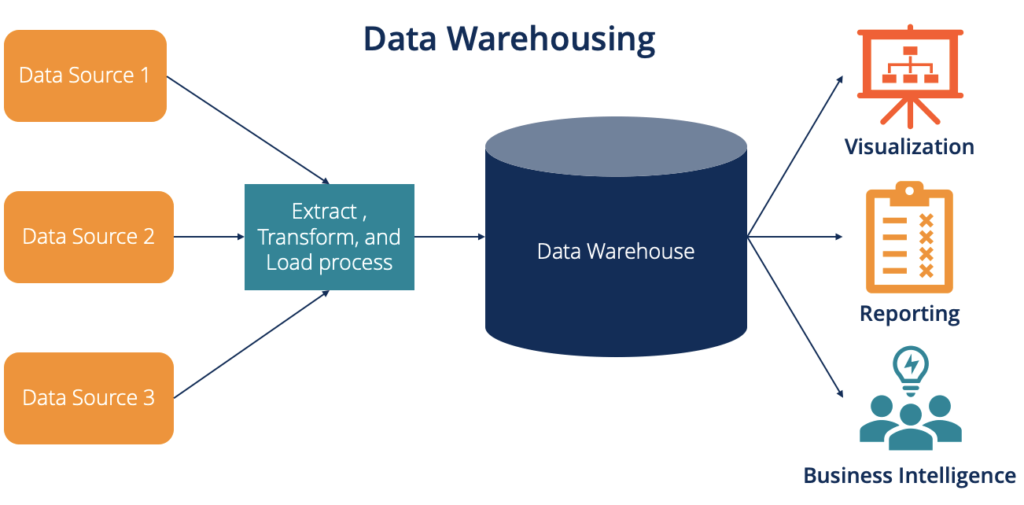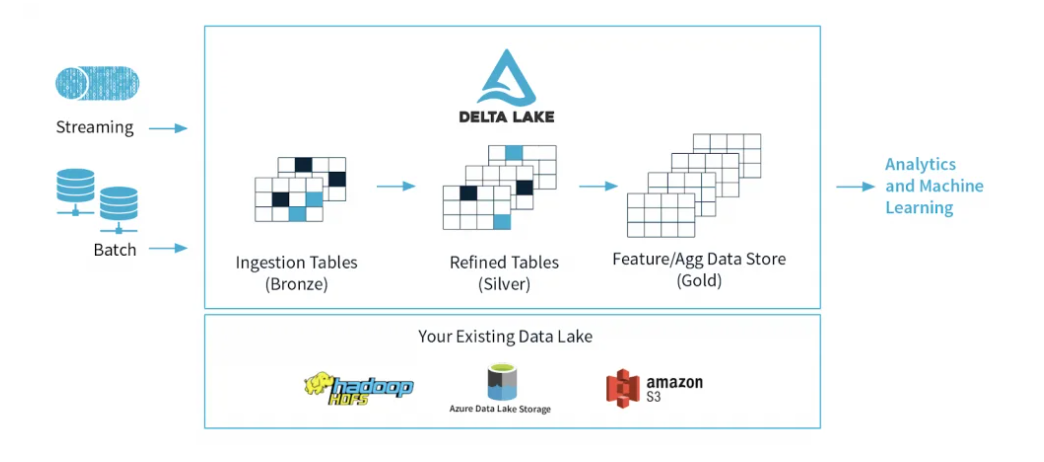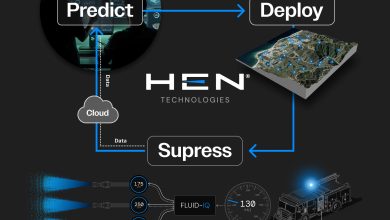
Buckle up for a wild ride through the ever-evolving world of cloud data storage. As Gartner predicts, by 2025, 80% of organizations will move their analytics workloads to the cloud, and choosing the right storage solution is crucial for unlocking the true potential of your data.
We’ll dive into four popular options: data warehouses, data lakes, data lakehouses, and Delta Lake. Let’s explore their strengths, weaknesses, and ideal use cases, all delivered in a way that makes sense, whether you’re a seasoned data architect or just starting your data journey.
So, grab your favorite data visualization tool (because trust me, there will be tables!), and let’s navigate the data and analytics services landscape together!
Introducing the all-stars: Data Warehouse, Data Lake, and Data Lakehouse
Think of Gartner, the world’s leading IT research and advisory company, as our celebrity analyst. According to them, the data warehouse is the veteran, the “tried-and-true” solution for storing structured data optimized for Business Intelligence and reporting. Imagine it as a meticulously organized data library, with everything neatly categorized and ready for quick retrieval.
Data warehousing. Image source: corporatefinanceinstitute.com
On the other hand, data lakes, championed by data scientists like DJ Patil (former Chief Data Scientist at the White House), are all about flexibility. They’re like massive, open repositories that can store any kind of data – structured, semi-structured, or even unstructured (think social media posts, images, etc.). It’s a data buffet, with everything thrown in for exploration and discovery.
But here’s the catch: With great flexibility comes a great lack of structure. Data lakes can get messy, making analysis a challenge. This is where the data lakehouse, the new kid on the block, steps in. It merges the best of both worlds: the organization and structure of a data warehouse with the flexibility of a data lake. Think of it as a hybrid library, with designated sections for different data types, but still allowing for exploration and discovery across the board.
Delta Lake: The superhero of data lakes
Now, let’s talk Delta Lake, a revolutionary technology by Databricks. It’s like giving your data lake superpowers! Delta Lake adds structure, reliability, and performance to your data lake, making it a cloud data storage game.
Here’s the technical magic behind Delta Lake: It utilizes an open-source storage layer called Apache Spark and introduces the concept of an ACID transaction table. ACID stands for Atomicity, Consistency, Isolation, and Durability – fancy terms that basically mean your data is reliable, consistent, and recoverable, even in case of errors.
Image courtesy of DataBricks
Use cases galore: why you need this data arsenal
So, when do you use each of these data storage solutions? Here are 10 use cases to help you decide:
- Data Warehouse:
- Generating insightful reports (think sales trends, customer behavior) for executives and business analysts.
- Regulatory compliance: Ensuring your data adheres to industry standards.
- Traditional BI applications that rely on structured data.
- Data Lake:
- Data science exploration: Uncovering hidden patterns and insights from diverse data sources.
- Internet of Things (IoT) sensor data analysis.
- Log data processing for troubleshooting and system monitoring.
- Data Lakehouse:
- Machine learning model training, combining structured and unstructured data for richer insights.
- The customer 360 view integrates data from various sources to understand customer behavior holistically.
- Real-time analytics, combining historical data with real-time streams for immediate decision-making.
- Delta Lake (within a Data Lake):
- Reliable data pipelines: Ensuring data quality and consistency throughout the data processing journey.
- Fast data processing: Enabling efficient querying and analysis of large datasets in your data lake.
- Time travel capabilities: Going back in time to analyze historical data at specific points.
Table time: A technical showdown
Let’s get a bit more technical with a table comparing these data storage solutions:
| Feature | Data Warehouse | Data Lake | Data Lakehouse | Delta Lake (within Data Lake) |
| Data Structure | Structured | Varied (structured, semi-structured, unstructured) | Varied (structured, semi-structured, unstructured) | Structured (ACID transactions) |
| Schema Enforcement | Strict | Flexible | Flexible (can enforce schema) | Enforced for transactional tables |
| Performance | Optimized for querying | Scalable for large datasets | Balanced | Optimized for querying large datasets |
| Cost | Higher | Lower | Varies based on configuration | Lower storage costs, potentially higher compute costs |
| Use Cases | BI, Regulatory Compliance | Data Science Exploration, Log Analysis | Machine Learning, Customer 360, Real-time Analytics | Reliable Data Pipelines, Fast Data Processing, Time Travel |
The final showdown: Choosing your data champion
There’s no one-size-fits-all winner when it comes to data storage solutions. It depends on what you need. But here’s a handy cheat sheet to help you choose the best option for you:
- For structured data, optimized querying, and regulatory compliance: Data Warehouse is your knight in shining armor.
- For data exploration, diverse data sources, and advanced analytics: Data Lake is your trusty explorer’s backpack.
- For a flexible, unified approach that combines structured and unstructured data: Data Lakehouse is your versatile Swiss Army Knife.
- To add reliability, performance, and time travel capabilities to your data lake: Delta Lake is your data lake’s ultimate power-up!
The data democracy: A multi-cloud future
The beauty lies in the fact that these solutions aren’t mutually exclusive. Many organizations are adopting a multi-cloud data storage strategy, leveraging the strengths of each approach. Data warehouses can work seamlessly with data lakes, and Delta Lake can be implemented within various cloud platforms like AWS, Azure, and GCP.
With this newfound knowledge, you’re well on your way to conquering the data landscape! Remember, the key is understanding your specific data needs and choosing the solution that best empowers your data journey. So, data enthusiasts, keep exploring, keep learning, and keep unlocking the power of your data!





